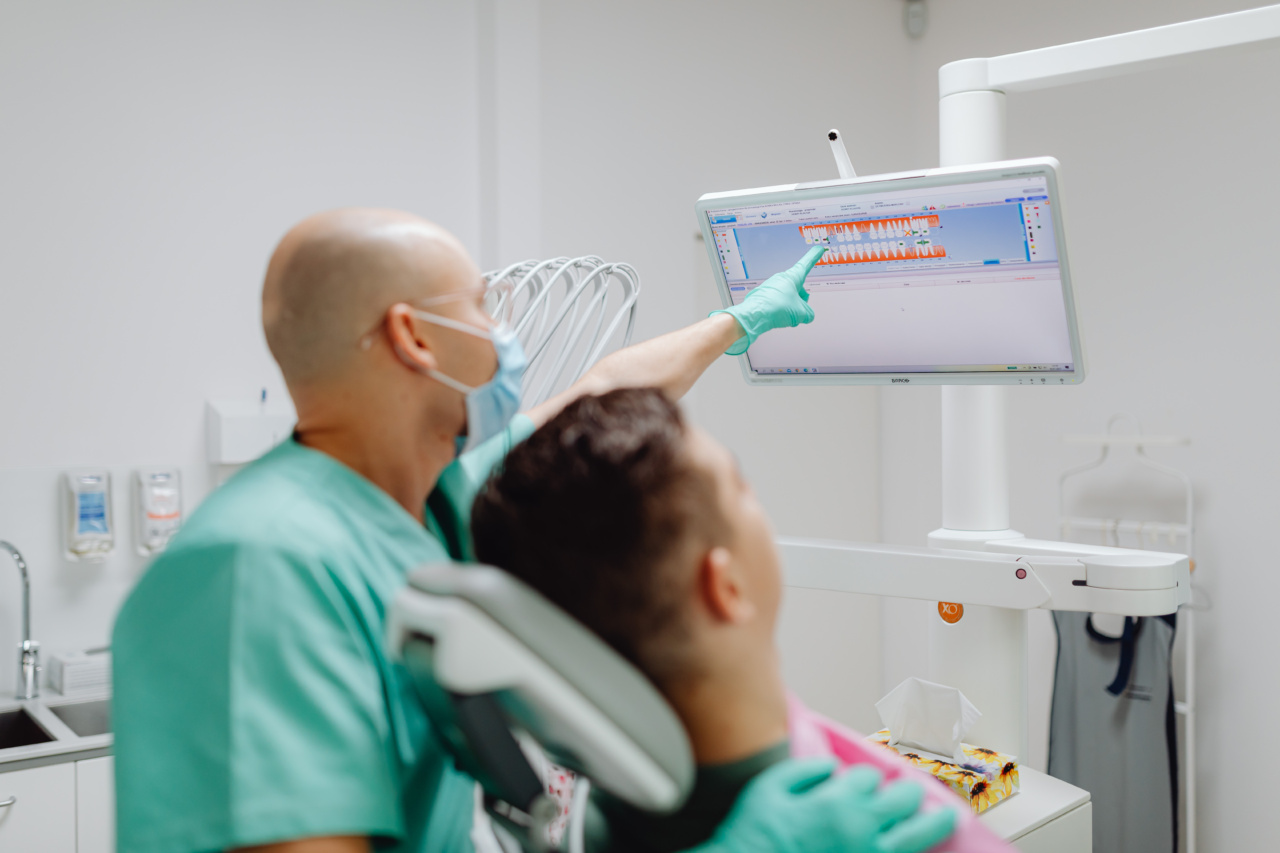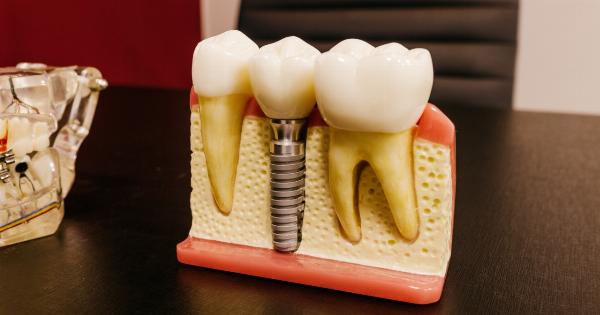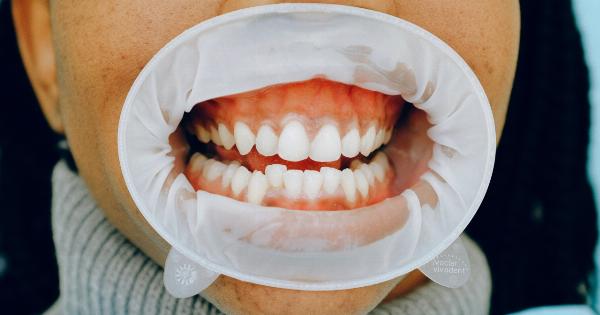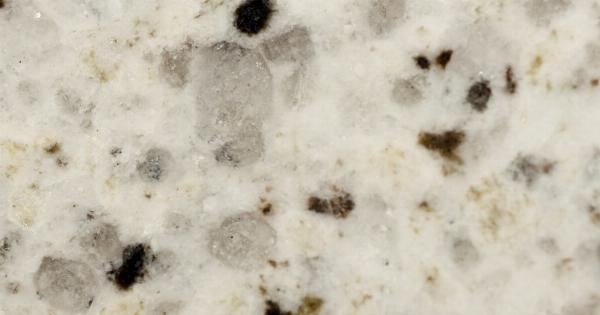Oral aphids, also known as mouth ulcers or canker sores, are a common condition that affects many individuals. They are painful, shallow, and often recurrent lesions that can make speaking and eating difficult.
While most oral aphids heal on their own within a week or two, recurrent oral aphids can be a persistent problem for some individuals. The key to effective treatment lies in recognizing the different types of oral aphids and implementing appropriate remedies accordingly.
1. Minor Aphthous Ulcers
Minor aphthous ulcers are the most common type of oral aphids, accounting for approximately 80% of cases. These ulcers are small in size, usually less than 1 centimeter in diameter, and have a white or yellowish center with a red border.
They typically heal within 7 to 14 days and are not associated with any underlying systemic conditions.
2. Major Aphthous Ulcers
Major aphthous ulcers are less common than their minor counterparts but are larger and more painful. They can be several centimeters in diameter and have irregular edges. Major aphthous ulcers may take several weeks to heal and can leave behind scars.
They are often associated with underlying systemic conditions such as inflammatory bowel disease or immune system disorders.
3. Herpetiform Ulcers
Herpetiform ulcers, despite their name, are not related to the herpes virus. They are small, clustered ulcers that resemble a group of herpetic lesions.
These ulcers usually heal within 1 to 2 weeks and are not associated with any specific systemic conditions. The name “herpetiform” refers to their appearance rather than their cause.
4. Traumatic Ulcers
Traumatic ulcers are caused by physical trauma to the oral cavity, such as accidentally biting the inside of the cheek or mucle irritation from sharp edges of a broken tooth.
Unlike the other types of oral aphids, traumatic ulcers are not recurrent and usually heal within a couple of weeks with proper care. Avoiding further trauma to the affected area and maintaining good oral hygiene are essential for their healing.
5. Erythema Multiforme
Erythema multiforme is a skin condition that can also affect the oral mucosa. It presents as target-shaped or bullseye-like lesions with a red center and surrounding rings.
Although not exclusive to the oral cavity, erythema multiforme can cause painful ulcers similar to oral aphids. Treating the underlying cause, such as infections or medication reactions, is crucial in managing erythema multiforme-related oral ulcers.
6. Behçet’s Syndrome
Behçet’s syndrome is a rare autoimmune disorder characterized by recurrent oral ulcers, genital ulcers, and inflammation in various parts of the body.
The oral ulcers in Behçet’s syndrome are typically larger and deeper, often resembling major aphthous ulcers. Treatment for Behçet’s syndrome involves managing the underlying autoimmune condition, and specific immunosuppressive medications may be prescribed in severe cases.
Treating Recurrent Oral Aphids
While the treatment of oral aphids may depend on the specific type and underlying cause, there are general measures individuals can take to alleviate symptoms and promote faster healing:.
1. Maintaining Good Oral Hygiene
Regular brushing with a soft-bristled toothbrush and gentle flossing can help prevent further irritation and ensure a clean environment for healing.
2. Using Over-the-Counter Remedies
Over-the-counter topical gels or ointments containing ingredients like benzocaine or hydrogen peroxide can provide temporary pain relief and promote healing. It is important to follow the instructions and avoid excessive use.
3. Rinsing with Saltwater
A homemade saltwater solution can help soothe the ulcers and promote healing. Mix half a teaspoon of salt in one cup of warm water and rinse your mouth gently several times a day.
4. Over-the-Counter Pain Relievers
Nonsteroidal anti-inflammatory drugs (NSAIDs), such as ibuprofen or acetaminophen, can help reduce pain and inflammation associated with oral aphids.
5. Avoiding Irritating Foods
Spicy, acidic, or rough foods can aggravate oral aphids. It is advisable to avoid such foods until the ulcers have healed to prevent further discomfort.
6. Applying Ice or Cold Compress
Gently applying ice or a cold compress to the affected area may provide temporary relief from pain and help reduce inflammation.
7. Stress Management
Stress is known to trigger or exacerbate oral aphids in some individuals. Implementing stress management techniques, such as exercise, meditation, or counseling, can help reduce the frequency and severity of oral aphids.
8. Seeking Professional Treatment
If the oral aphids are frequent, severe, or not healing as expected, it is advisable to consult a healthcare professional or dentist for further evaluation.
They may recommend prescription-strength topical medications, oral medications, or additional investigations if necessary.
By recognizing the different types of oral aphids and understanding their underlying causes, individuals can take appropriate measures to treat and alleviate recurrent oral aphids.
While most cases can be managed at home with over-the-counter remedies and self-care measures, professional medical advice should be sought if necessary.



























